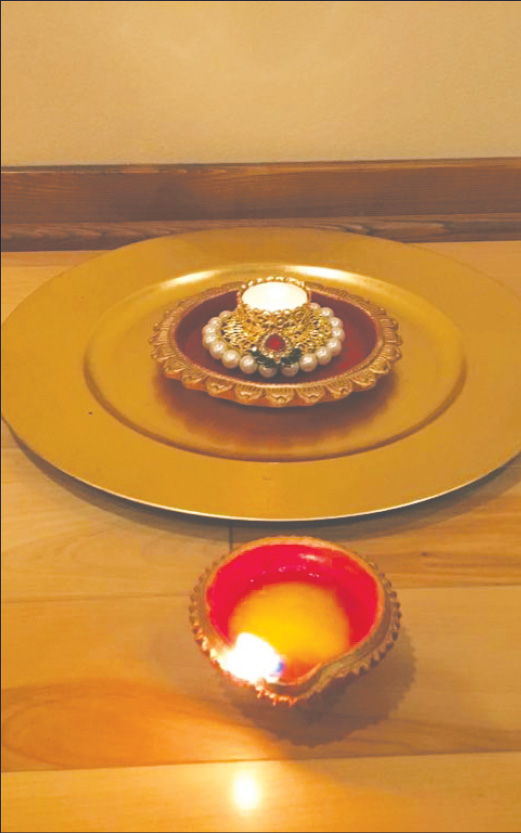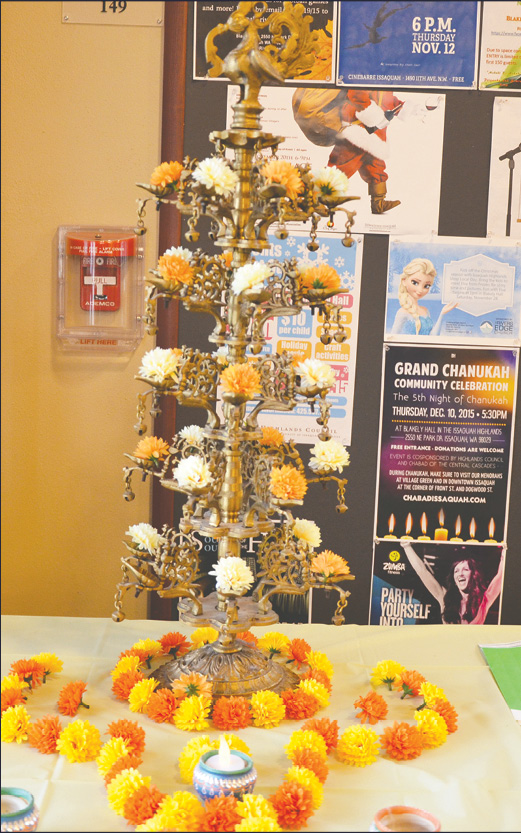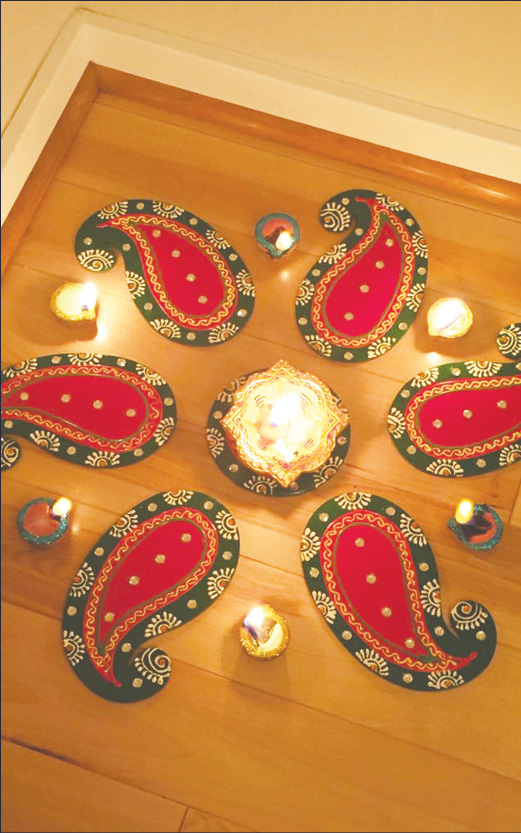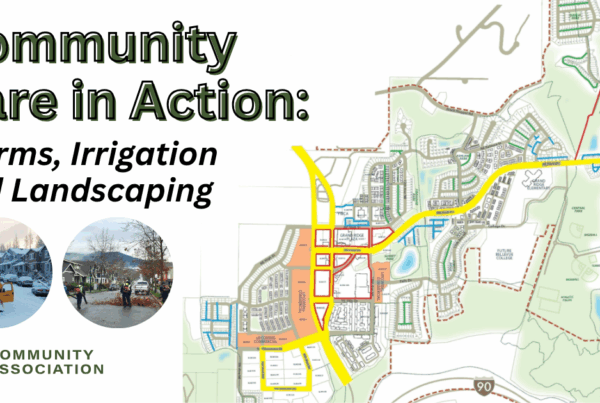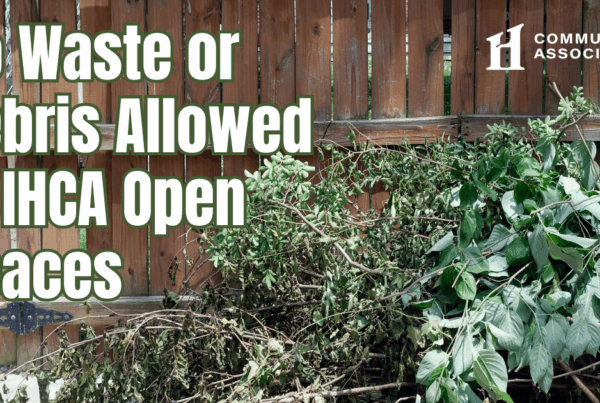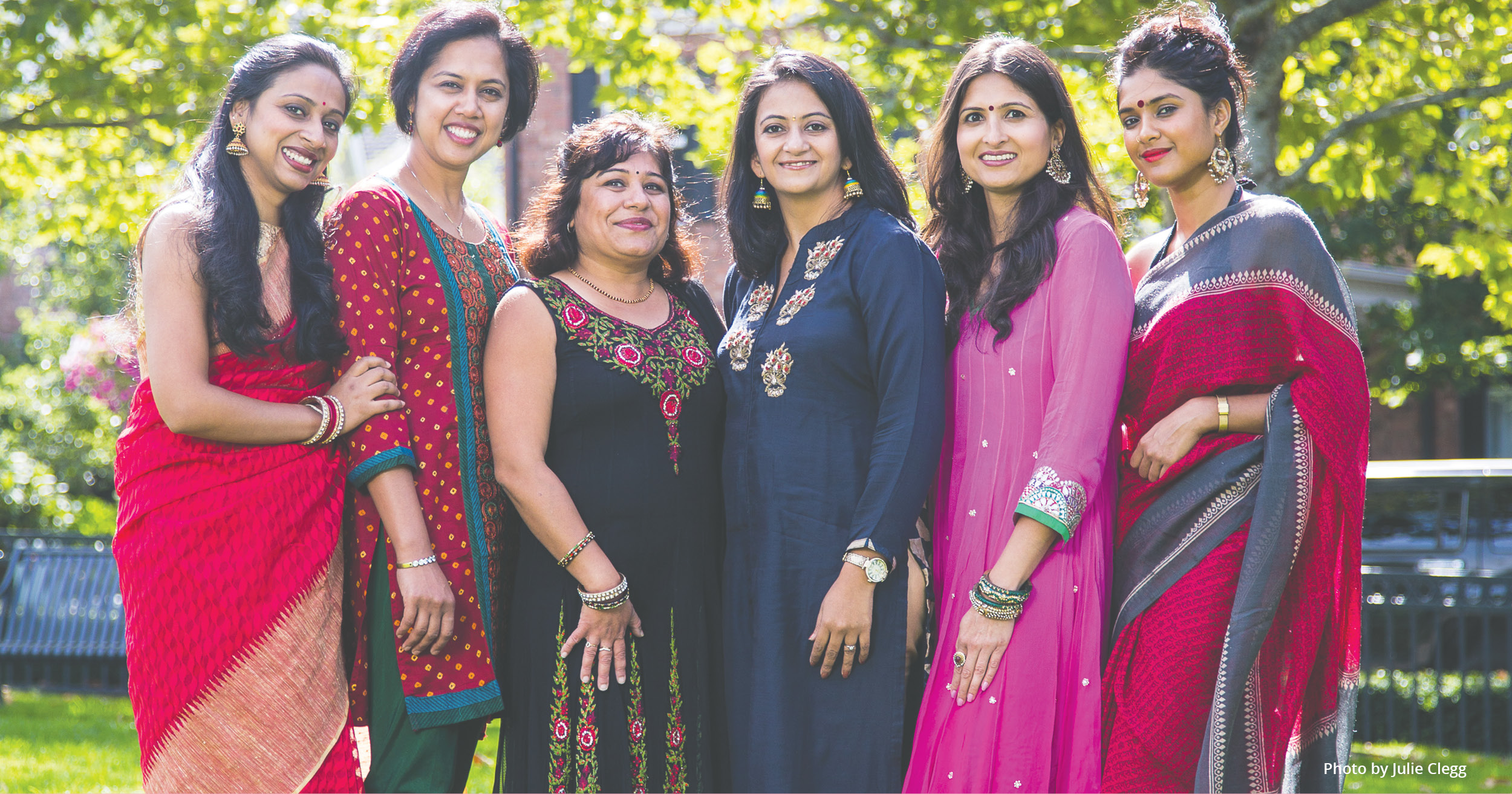
Diwali is perhaps the most well-known of the Indian festivals celebrated throughout India. The word ‘Diwali’ is derived from a Sanskrit word which literally means “a row of lamps.” Thus, it is the festival that is well known for the light and brightness it spreads everywhere
Diwali celebrates the victory of the good over evil, light over darkness and knowledge over ignorance. This year, Diwali is celebrated October 17 – 21.
Over the centuries, Diwali has become a national festival that is enjoyed by most Indians, regardless of faith: Hindus, Jains, Buddhists and Sikhs. In northern India, Diwali celebrates Rama’s return from fourteen years of exile to Ayodhya after the defeat of Ravana.In Southern India, Diwali commemorates the victory of Lord Krishna over the demon king Narakasura, also known as Naraka Chaturdashi.
Numerous Gods in the Hindu pantheon are worshipped during the Diwali period by different Hindu communities in various regions. All prayers, rituals and celebrations in Hinduism begin with the worship of Lord Ganesh. During the Diwali, all rituals begin after the worship of Lord Ganesha, too. Goddess Lakshmi is worshipped for wealth, prosperity, luck and prosperity. In Bengal, Diwali is associated with the goddess Kali.
The festival is a time for cleaning the home, creating beautiful rangoli designs, wearing new clothes, exchanging gifts (often sweets and dried fruits), preparing festive meals, decorating the home with lights and enjoying fireworks*.
Diwali is celebrated for five days. On the first day of Diwali, called Dhanteras, it is auspicious to spring clean the home and shop for gold or kitchen utensils. On the second day, people decorate their homes with clay lamps and create design patterns called rangoli on the floor using colored powders or sand. The third day is the main day of the festival, when families gather together for Lakshmi Puja, a prayer to Goddess Lakshmi, followed by mouth-watering feasts and fireworks festivities*. The fourth day is the first day of the new year and devotees perform Govardhan Puja in honor of Lord Krishna. On the last day of the Diwali celebration, called Bhai Dooj, brothers visit their sisters, who welcome them with love.
Indians all over the world celebrate Diwali with equal gusto and enthusiasm. Indian associations and communities organize Diwali events and celebrations and people get together to relive their memories of the festival back home by creating a similar atmosphere. People who have traveled thousands of miles away from home and family for work keep themselves grounded in their culture and traditions by celebrating festivals together. It is a wonderful way to teach children morals and experience the joy of celebration.
This wonderful festival of lights is symbolic of the triumph of good over evil. In today’s world, it is a much needed opportunity for all of us to look within, uproot the negatives inside us, and light the lamp of positivity.
*Use or discharge of firecrackers, sparklers and other fireworks is not allowed, per City of Issaquah Code 08.12.100.
Photo caption: Members of the India Culture Club (from left to right): Sohini Saha Bandyopadhyay, Aditi Sanghi, Darpan Marwah, Rakhi Rastogi, Juhi Jain and Ragini Gupta.

